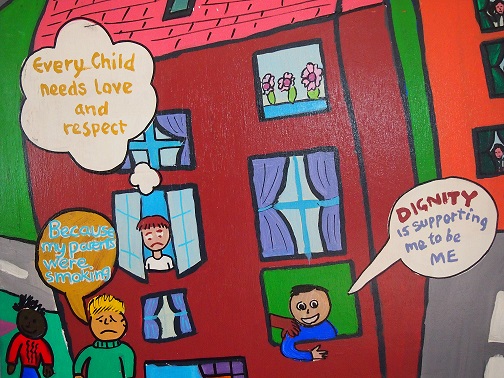Good Lives and Decent Societies: Promoting Wellbeing in Scotland and Beyond

An interactive workshop series to promote wellbeing in Scotland and beyond.
GLADS takes a comprehensive approach to measuring, understanding and promoting wellbeing by addressing the social, economic and environmental dimensions of individual happiness and a good society. In workshops, we will engage with current policy initiatives on various aspects of wellbeing in Scotland and abroad. We aim to discuss strategies for improving individual wellbeing and wellbeing-enhancing qualities in society across a number of relevant policy areas and themes (health and mental wellbeing, work/welfare and space/place).
We bring together multiple academic disciplines; Scottish policy makers, practitioners and other stakeholders; as well as UK and international experts in assessing and analysing wellbeing. The programme is based on three sets of workshops which will combine different presentation and discussion formats. An online presence will support knowledge exchange and the active engagement of a wide range of stakeholders will maximise the value of this workshop series.
Our focus will be on ensuring this programme delivers specific practical outcomes such as improved assessment tools to enable the integration of wellbeing objectives into policy and practice.